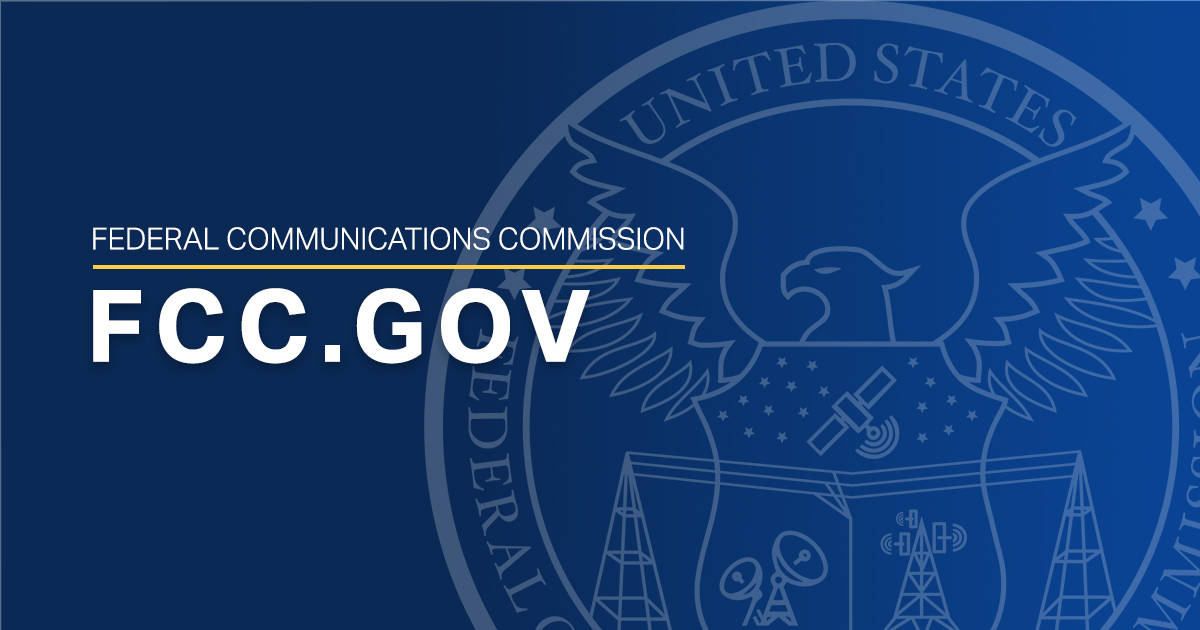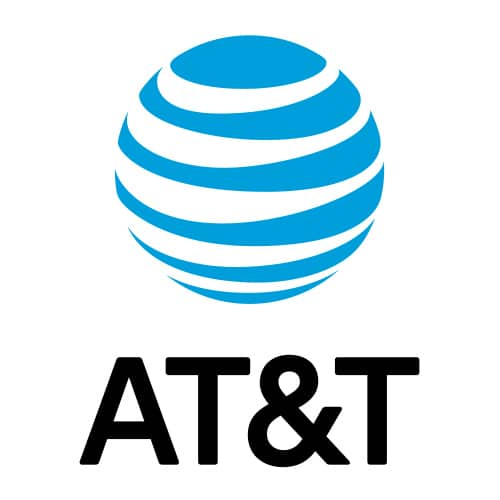orgen
No one special

The FCC Will Now Offer $75 Off Your Home Internet If You Qualify | Cord Cutters News
Today the FCC announced a measure to offer $75 a month off of home internet services for qualifying customers in high-cost areas through the Affordable Connectivity Program as directed by the Infrastructure Investment and Jobs Act (Infrastructure Act). This is for customers who qualify for the...
$75 low-income subsidy targets areas where ISPs face "economic hardship."
by Jon Brodkin - Aug 4, 2023 11:54am PST
83

Affordable Connectivity Program
The ACP Is No Longer Accepting Applications: The Affordable Connectivity Program stopped accepting new applications and enrollments on February 8th. Barring additional funding from Congress, April will be the last month enrolled households will receive the full benefit. Consumers had to be...
Getty Images | imagedepotpro
The Federal Communications Commission is paving the way for $75 monthly subsidies to make broadband service more affordable for low-income households in certain "high-cost" areas.
The $75 subsidy will be part of the Affordable Connectivity Program (ACP) that generally offers $30 monthly discounts to people with low incomes. The ACP was created by Congress in late 2021 and implemented by the FCC to replace a previous pandemic-related subsidy program.
The ACP already provides $75 monthly subsidies for homes on tribal lands, but not in other areas. The US law that created the ACP lets the FCC make $75 subsidies available in areas where the costs of building broadband networks are higher than average.
That's what the FCC did in its action announced yesterday. "The Infrastructure Act specified that the $75 monthly benefit would support providers that can demonstrate that the standard $30 monthly benefit would cause them to experience 'particularized economic hardship' such that they would be unable to maintain part or all of their broadband network in a high-cost area," the FCC said.
Ars Trending Video
ACP subsidies are distributed to Internet service providers that enroll in the program and give customers discounts. Comcast, Charter Spectrum, AT&T, Verizon, and other ISPs last year agreed to make $30 plans with download speeds of at least 100Mbps available to eligible low-income households, essentially making the Internet service free when the $30 subsidy is applied.
19.8 million households so far
ISPs that accept ACP subsidies must let customers use them on any plan—a provision designed to prevent the kind of upselling that took place under the pandemic subsidy program. That doesn't mean getting the subsidy is easy, as some people with low incomes have been wrongly rejected by ISPs such as Comcast.
FCC Chairwoman Jessica Rosenworcel said yesterday that over 19.8 million low-income households are getting ACP discounts, including 2.8 million households in rural counties. Rural low-income households are signing up at a higher rate than urban ones, she said.
The FCC is hoping that $75 subsidies will expand the program's reach to more rural and/or low-income areas. The law defines high-cost areas as those "in which the cost of building out broadband service is higher, as compared with the average cost of building out broadband service in unserved areas in the United States."
Advertisement
Areas can be deemed high-cost because of a remote location, a lack of population density, unique topography, or a high rate of poverty. The FCC said it will rely on the National Telecommunications and Information Administration to identify which areas of the US are high-cost. The NTIA is required to make that determination in consultation with the FCC, according to the US law that created the program. Rosenworcel said she expects the NTIA to make the necessary information available to the public "shortly."
The FCC said that yesterday's order "is expected to incentivize providers to participate in the ACP or remain in the ACP in rural and insular areas, further narrowing the digital divide." The order establishes a process for Internet providers "to demonstrate they are experiencing a particularized economic hardship in a high-cost area," and "sets the processes for reviewing and making determinations on providers' economic hardship submissions, and appealing those determinations."
ISPs that get approved to offer the $75 benefit must re-apply every year to show that they still face an economic hardship. "We offer [the $75 subsidy] to providers only after they have demonstrated a 'particularized economic hardship' under the law, meaning that they are unable to cover the costs of maintaining the operation of their network at the standard discount level," Rosenworcel said.
Program may run out of money
There's one big potential snag that could end not just the new $75 monthly subsidy, but the entire Affordable Connectivity Program. The ACP began with $14.2 billion allocated by Congress, but the money is expected to run out sometime in 2024.
Advertisement
Many groups have called for more funding, but Congress hasn't acted yet. The latest call came in a letter to congressional leaders sent yesterday by the Multicultural Media Telecom and Internet Council, the National Coalition on Black Civic Participation, the National Black Farmers Association, and about 10 other groups that said they "advocate for equitable access to essential resources and services, including broadband connectivity, for African Americans."
"Despite the overwhelming success story for the ACP, it is in danger of ending way too soon," the groups' letter said. "ACP is expected to exhaust its existing funding stream in early 2024, so we write today to urge you to work with your colleagues in Congress to provide necessary funds this year to avoid any lapse in benefits and eliminate uncertainty for our constituencies in whether this program will be continued. This issue is not a partisan one; it is a matter of equity, opportunity, and the future of our nation."
Rosenworcel urged Congress to re-fund the program during a hearing in June. "If Congress were to fail to appropriate new funds for the Affordable Connectivity Program, we would undermine the biggest broadband affordability program this nation has ever created. We would cut families off," she said, according to Light Reading.
"First things first, we want to make sure that Congress continues to fund this program," Rosenworcel also told lawmakers. "But come this fall, we'll have to make hard decisions about what kind of choices will need to be made to wind this program down if Congress does not provide an additional appropriation, and we're taking a look at all of those issues right now."
The US is preparing to distribute $42 billion to states to build more broadband networks. Rosenworcel said the funding program to expand networks and the program to make broadband more affordable go "hand in hand."
TMobile, Verizon/straight talk/Walmart & AT&T all have a wireless 5g home internet.

Home - ACP - Universal Service Administrative Company
Affordable Connectivity Program ACP - Universal Service Administrative Company
Last edited:

